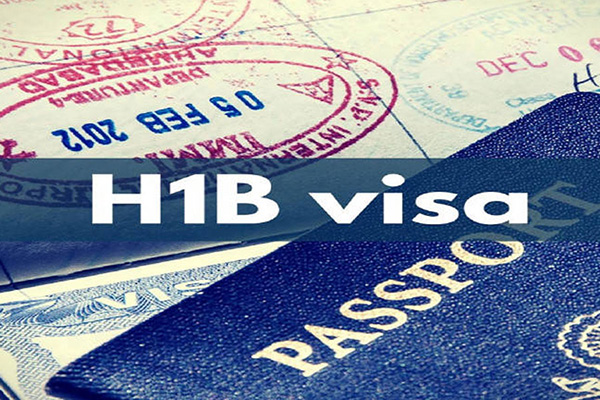H-1B visa fee hike: The Trump administration’s steep $100,000 fee imposed on new H-1B visa applicants has sparked high-level discussions in Silicon Valley and elsewhere, as the sudden fee hike has caused widespread panic.
However, this fee hike, intended to protect American jobs, is having the opposite effect. Some companies are now considering shifting more jobs overseas to mitigate the impact.
According to a Reuters report, United States President Donald Trump on Friday announced changes to the visa program, which has long been a recruiting tool for tech companies and encouraged international students to pursue higher education in the US.
Also Read: How did a Bengaluru techie secure an O-1 visa after three failed H-1B attempts?
Impact on Companies and Employment
The high cost of visas has already forced companies to pause and reevaluate their hiring, budgeting, and workforce plans.
According to immigration lawyers working with company founders, venture capitalists, and technology companies, this new fee makes it completely “unviable” to work in the United States.
Chris Thomas, an immigration lawyer at the Colorado-based law firm Holland & Hart, said, “It’s time to start looking at other countries where we can find high-skilled talent.”
According to Pew Research, approximately 141,000 new H-1B applications were approved last year. Although Congress capped the number of new visas at 65,000 per year, total approvals exceed this limit because applications from universities and certain other categories are excluded.
Also Read: H-1B Visa Fee Hike: Trump Tariff 2.0?
India benefits from the fee hike
Experts and officials told Reuters that the new $100,000 fee makes it more attractive to hire talent from countries like India, as salaries are lower there, and large tech companies are now building innovation hubs in India instead of back offices.
Sam Liang, co-founder and CEO of Otter, a popular artificial intelligence transcription startup, said, “We may have to reduce the number of H-1B visa workers we can hire. Some companies may have to outsource some of their employees. Perhaps hiring from India or other countries will be necessary to address this H-1B problem.”
Uneven impact on startups
While large tech companies may be able to afford the new fee, it poses a significant challenge for smaller companies with smaller teams and cash-dependent startups.
According to a Reuters report, unlike large tech companies, whose pay packages are a combination of cash and stock, startups’ pay packages typically lean toward equity because they need cash to build their businesses.
Also Read: Trump imposes $100,000 fee on H-1B visas from September 21
Innovation at Risk
Analysts and industry leaders worry that the new visa policy could harm innovation in the US.
According to a report cited by Reuters, many successful US startup companies valued at $1 billion or more have at least one founder who was an immigrant. The high cost of H-1B visas could deter some of the world’s most talented immigrants from coming to the US and starting new companies.
If this policy isn’t eased soon, Bilal Zuberi, founder of Silicon Valley-based venture capital firm Red Glass Ventures, who began his career in the US on an H-1B visa, told Reuters, “The smartest people from around the world will be left behind.”
(With agency input)

